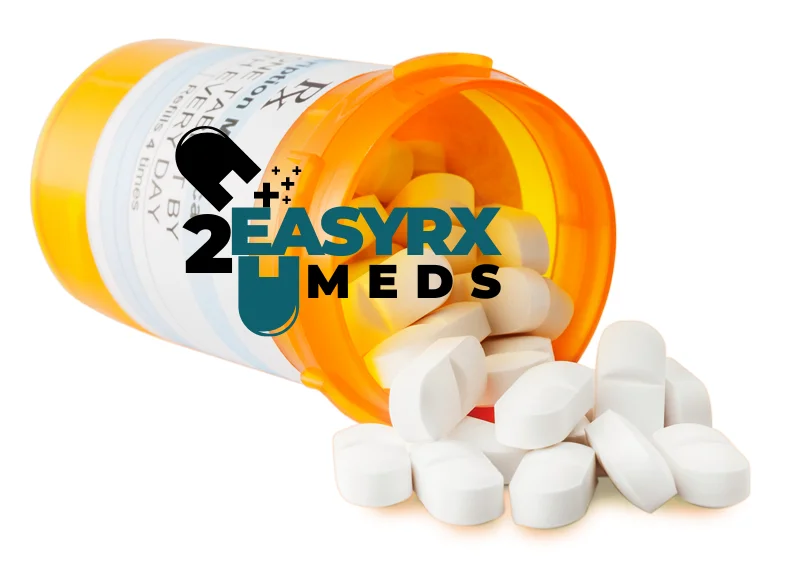There is no item in your cart
What do you know about Amitriptyline?
Amitriptyline 10mg is a tricyclic antidepressant (TCA) commonly prescribed for a variety of conditions, though it’s most well-known for its use in treating depression. Beyond depression, it has several other applications, including:
1. Chronic Pain Management:
- Neuropathic pain: Amitriptyline 10mg is often used for conditions involving nerve pain, such as diabetic neuropathy, postherpetic neuralgia (pain following shingles), and fibromyalgia.
- Migraines: It’s also sometimes prescribed to prevent migraines or reduce their frequency.
2. Insomnia:
- Because of its sedative properties, amitriptyline is sometimes prescribed at low doses to help patients with sleep issues, especially when insomnia is linked to chronic pain or depression.
3. Irritable Bowel Syndrome (IBS):
- Amitriptyline 10mg can be used in lower doses to help manage symptoms of IBS, particularly abdominal pain and diarrhea.
Mechanism of Action:
Amitriptyline 10mg works by influencing neurotransmitters in the brain, particularly serotonin and norepinephrine, helping to improve mood and relieve pain. It also has anticholinergic effects, which contribute to some of its side effects.
Common Side Effects:
- Dry mouth
- Drowsiness
- Weight gain
- Constipation
- Blurred vision
- Dizziness
Because of these effects, the drug is usually taken at night, especially when prescribed for sleep or pain.
Serious Side Effects (Rare but Possible):
- Cardiac issues: Amitriptyline 10mg can affect the heart, especially at higher doses, leading to arrhythmias or other heart-related problems. It’s often avoided or prescribed with caution in patients with heart disease.
- Suicidal thoughts: Like other antidepressants, it may increase suicidal thoughts or behavior, especially in young adults or adolescents.
Dosing:
- For depression, the typical starting dose is between 25-50 mg per day, often increased gradually.
- For pain or insomnia, much lower doses are used, typically starting around 10-25 mg.
Amitriptyline 10mg is not considered a first-line treatment for depression anymore due to the availability of newer antidepressants like SSRIs (e.g., sertraline or fluoxetine) and SNRIs (e.g., venlafaxine), which tend to have fewer side effects. However, it remains valuable for its versatility in treating multiple conditions at low doses.
If you’re curious about anything more specific regarding its use or potential interactions, feel free to ask!


Reviews
There are no reviews yet.